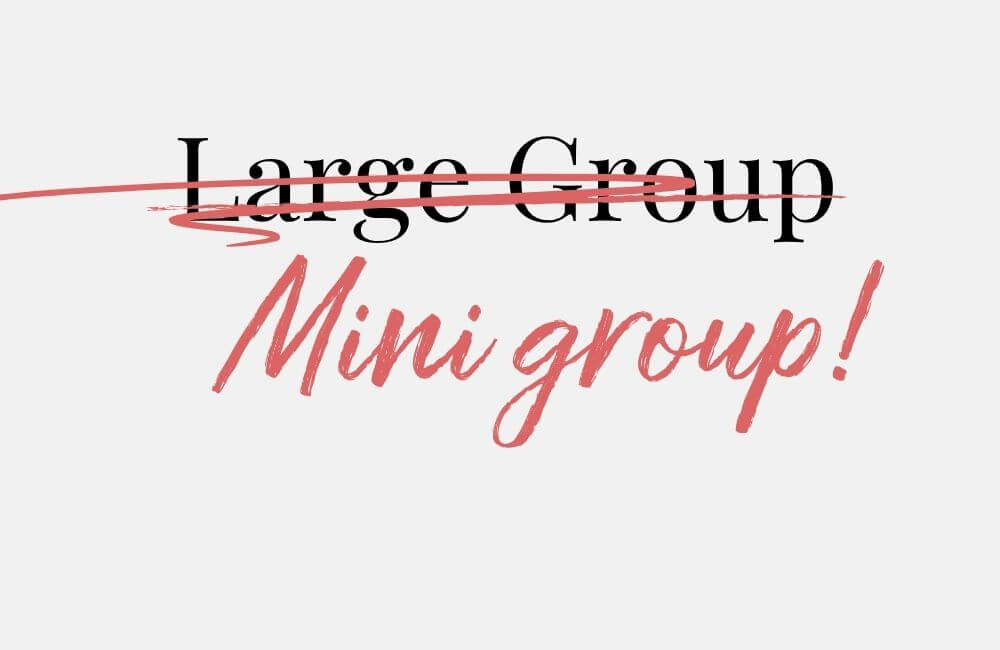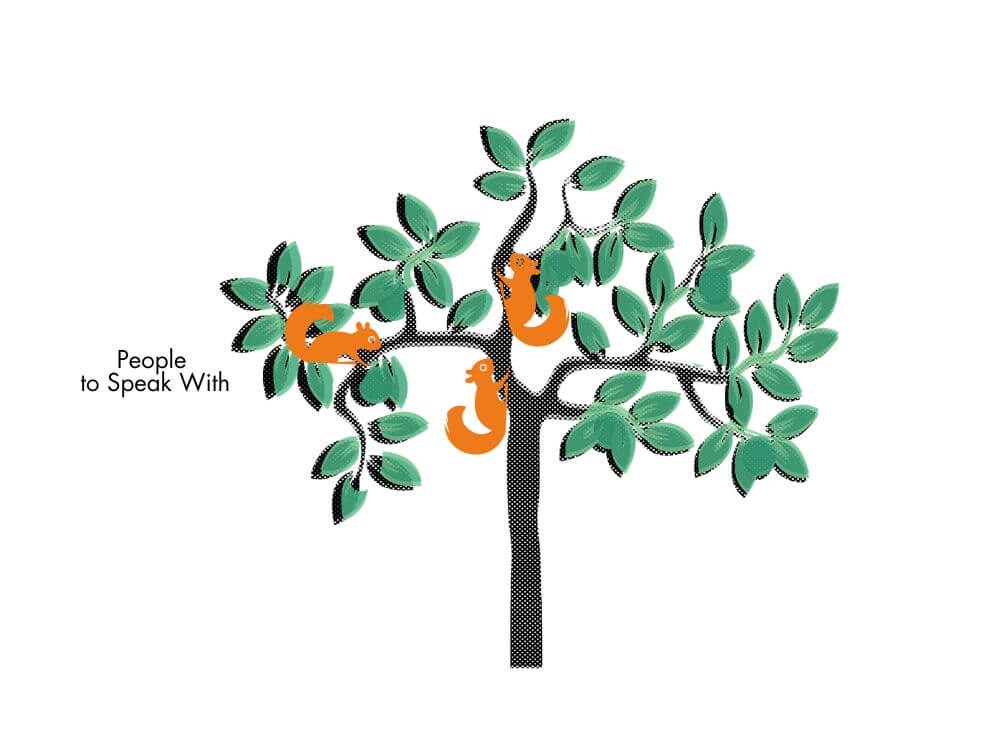An Irresistible Offer
Yesterday, I got a text I couldn’t resist.
It was from a friend who works at our local woodland sauna – a tiny cabin tucked among trees.
“It’s quiet today. You could get in all by yourself.”
While I also love a group sauna, being there alone, in silence, stepping outside the heat into nature, that’s one of my favourite feelings in the world.
For me, a solo sauna is rare (I know some people are lucky enough to have their own private one). When it happens, it feels almost sacred.
On paper, it’s the same heat, the same space: the same offer (1 hour x sauna), but it’s not. Solo time is golden.
The heat is the same, but the pause is different.
For me, one person in the sauna is peaceful and meditative. Five is very social (and I enjoy it too). But six? That’s too many for the small space. It’s too many people to sit comfortably without touching. I don’t even book when it’s full; I know it won’t be the optimal, relaxing experience I seek.
The number of people you share with affects the experience. And not just in saunas.
They matter on your English language holiday, too.
This article shares how we work out optimal class sizes for our English language holidays.
The Class Size Myth
A sauna is not the same as language learning, but numbers still change everything, particularly as our holidays prioritise feeling good and relaxed for optimal learning.
In the early stages of learning English, a large class size doesn’t matter as much.
If you’re a beginner or lower-intermediate learner, the same information is needed, in the same order, for everyone.
There could also be comfort in the company of a group, plenty of group repetition (pressure off), and peers at the same place on the journey as you, offering accountability and support.
But the better you get, the fewer the number of learners it is optimal to learn with.
Class size becomes critical once you start listening to others speak and forming your own responses.
You need speaking time, personal attention, and error correction. You need the emergent language and lessons to stay relevant to your needs.
And you don’t want to lose all that time listening to other learners at your own level.
It’s not as useful as it suits many language schools to pretend it is.
When you already understand most of what’s being said, that kind of listening doesn’t challenge you: it just fills the air, your attention wanders and you waste time.
How Class Size Affects Language Learning
Large language classes are generally cheaper* to attend than small or private ones, so remember, it’s quite effective to begin in a large class.
But big groups stop working when you are ready for real conversations.
It takes small groups and 1:1 time to transform your English to cope with advanced-level needs: unpredictable, native-paced, and full of natural rhythms and expressions.
Picture it like a triangle lying on its side:
At the wide end: beginners. A bigger group can still work fine.
But as you move up in skill level, the triangle narrows.
The higher your level, the more 1:1 time and bespoke conversation coaching you need to keep growing.
At the point of the triangle, a small class size becomes not just a preference, but a necessity for progress.
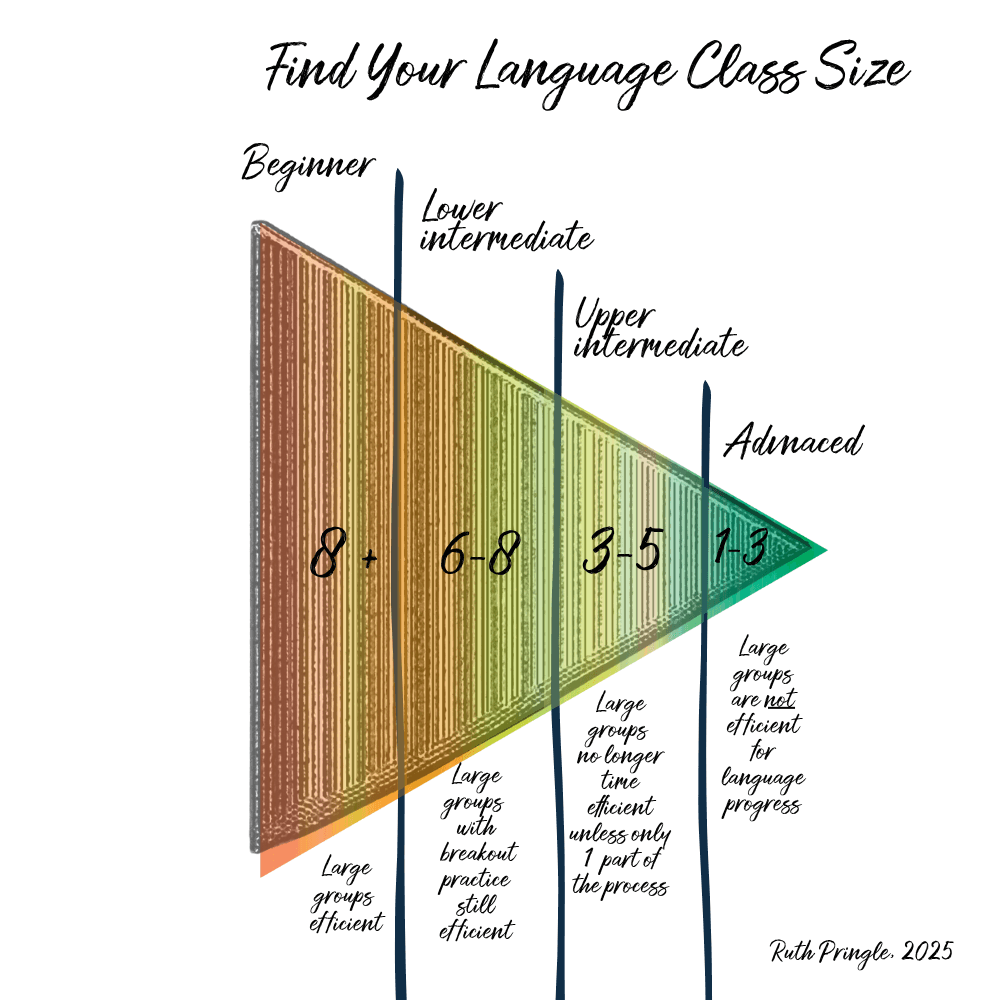
*Remember, if you are on a budget, you don’t need to choose London or Oxford to learn English.
Rural schools like ours don’t have to pack people in like sardines to pay innercity rents, and it’s so much easier to get talking with the local community.
Feel good in English, so you can show up confidently, in your own voice and share your message with the world.
Choosing Your Class Size Number with Blue Noun
All this is why, on my English coaching holidays in Scotland, we have a maximum of 3 guests per week.
And you can reduce it further.
By default, my holidays host up to three guests, which is perfect for natural, real-world conversation and shared experiences.
But if even that feels too busy, you have two other options:
-
Just two: A holiday for couples or friends, closed to other bookings (at no extra cost).
Class Peer Mix Matters
I’ve been the person in a sauna, alone, sharing space with a friend group, and it doesn’t feel great.
Regardless of whether the heat was the same, I felt awkward. It’s not the experience I want to invest in.
I imagined what it might feel like to be the third person in a small group English course when the others are a couple or a friend group.
Now, year-round, I automatically close that week when a pair books.
This means the couple/friends always get a private holiday, and no one feels like a third wheel.
For some, three might be perfect.
But sometimes, two or one just feels right.
Like in the sauna, it’s not about how many people can fit: (honestly, we could pack 20 into our space), it’s about how many make the experience useful on every level.
Making English Memorable
About a Language School English Course
Traditional formal language schools are built around efficiency: pack the classroom, fill every seat, and deliver a one-size-fits-all syllabus.
But when twenty people share a teacher, nobody gets space to breathe or the confidence to speak.
The ‘heat’ is the same: the content, the grammar, the activities — but the connection is far fainter.
There’s no room for reflection, and no chance to find your own words. To space to test who you are becoming,
At Blue Noun, I don’t pack people in.
I make room for them to be.

The Magic of the Right Number
Like the sauna, it’s not about how many people can fit — it’s about how many are optimal, and even that’s not the same for everyone.
A small class size is what turns an English course into a real-world English-speaking holiday: time, space, and the right conversations to help your English flow.
You’ll explore Scotland’s landscapes, culture, and people in a way that’s personal, unhurried, and deeply human — building English through experience, not lessons.
People make Scotland what it is. With me, your challenge is to discover part of that story as every single holiday unfolds in different combinations of pleasure, nature, health and wellbeing, craft, art, culture and conversations.
→ A visual diagram of how our English holidays are structured
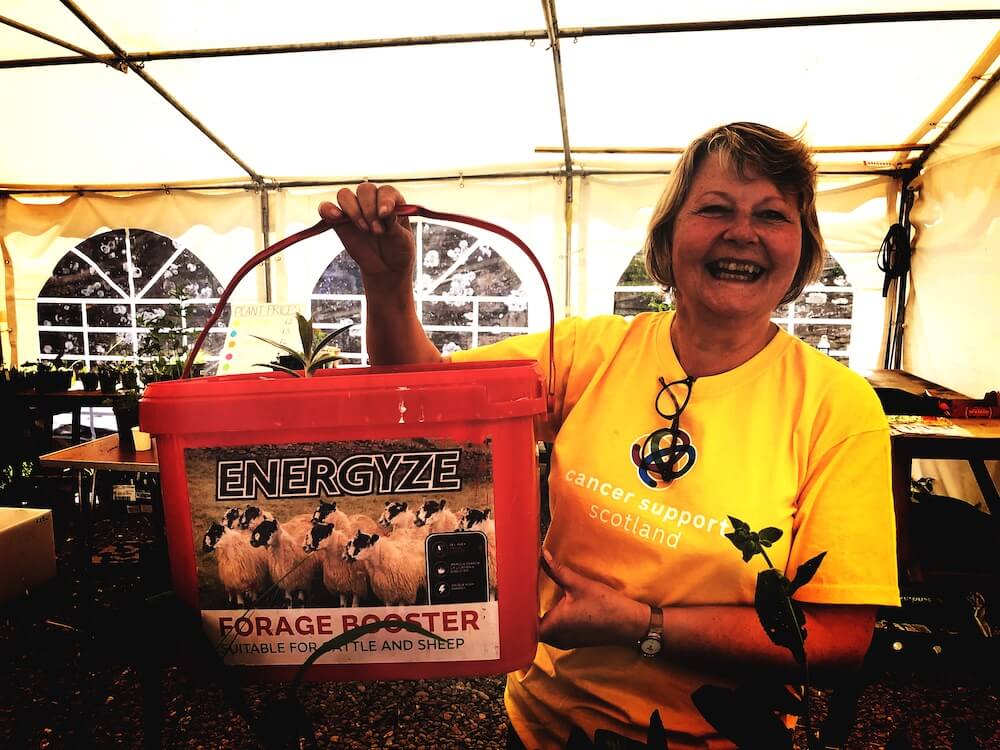

A Wee Heads Up
It’s the same care, the same excursions exploring the glorious Scottish landscape, same warmth, but with just you setting the rhythm and pauses.
Like my sauna, when you pause, there’s no distraction, no one else’s story or mood. Just you, me and the landscape. Perhaps you’ve never even spent time alone with nature? It’s truly wonderful.
If that sounds like your kind of week, tell me on our Zoom call, and I’ll close the week(s).
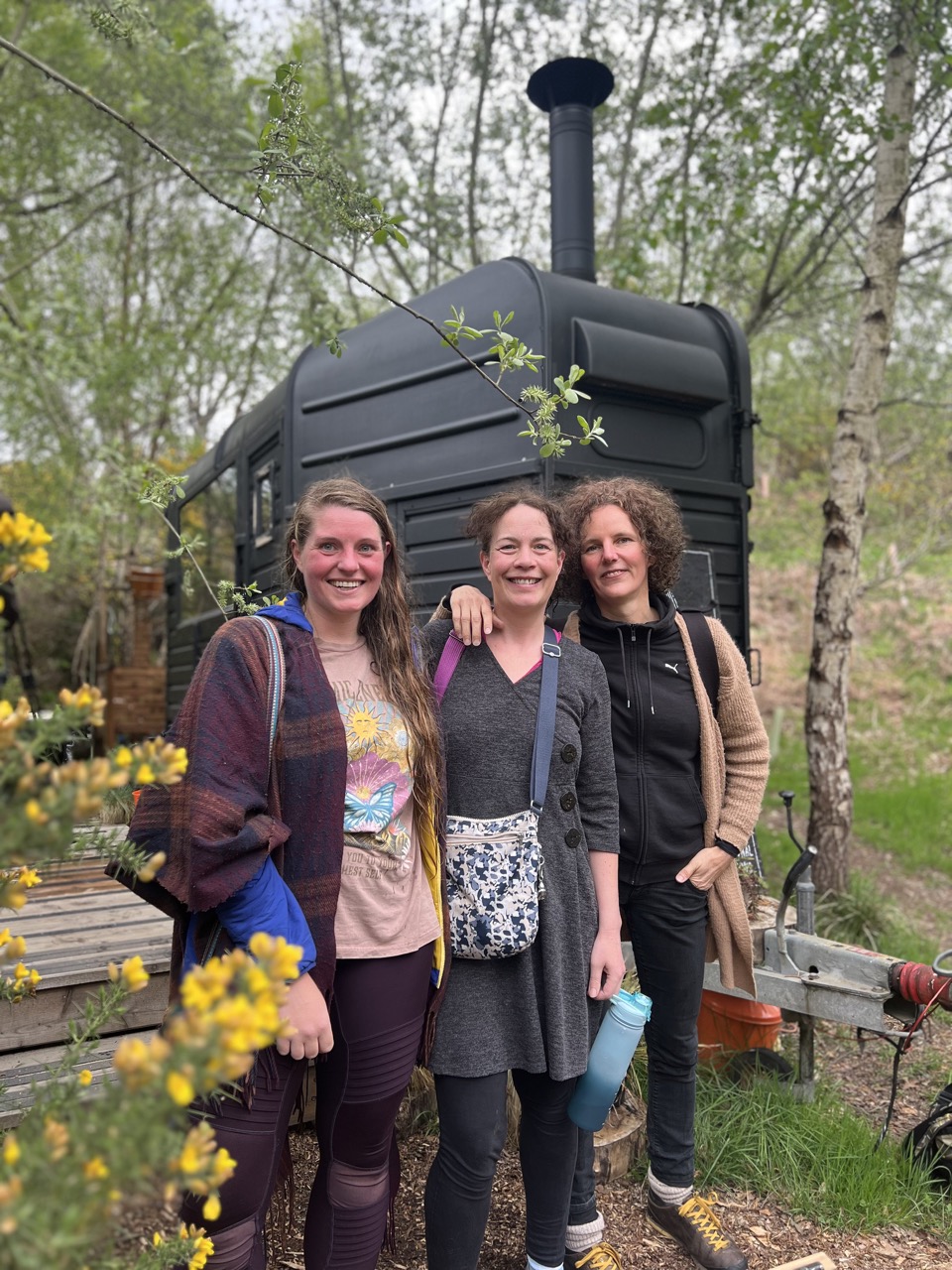
Your Guide to Independent Language Tuition
What does learning with an independent language school mean to you?
Why independence matters for confidence, real-world English, and sustainable learning.

